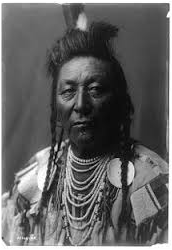 When the world is too much with us, when the new fake news and our President-elect's stream of tweets are boiling the blood of too many of my friends fixated on Facebook and the future, I beat a hasty retreat to books to try to make sense of my fragmented and frightful days. I've fished out an e-book I downloaded into my Kindle a few years back, "Radical Hope: Ethics in the Face of Cultural Devastation." Think of it as a kind of ethical or philosophical how-to guide when your world ends and you're stuck in the wasteland of the future glaring upon the smoking ruins of all your cherished assumptions of how things are supposed to work. Lear is a philosopher looking at the human possibilities of survival. His case in point is the story of Chief Plenty Coups of the Crow tribe in Montana, who saw the demise of a traditional way of life and the passing of the buffalo he had hunted as a young man. Plenty Coups refused to speak of his life after the buffalo, so that his story seems to have been broken off, leaving many years unaccounted for. "I have not told you half of what happened when I was young," he said, when urged to go on. "I can think back and tell you much more of war and horse-stealing. But when the buffalo went away the hearts of my people fell to the ground, and they could not lift them up again. After this nothing happened. There was little singing anywhere. Besides," he added sorrowfully, "you know that part of my life as well as I do. You saw what happened to us when the buffalo went away." Lear is trying to make sense of that strange insistence that Plenty Coups makes: "After this nothing happened." Actually plenty happened in Plenty Coups' life, taking up agriculture rather than hunting, lobbying Congress against transfers of Crow lands, even representing Native Americans at the 1921 ceremony inaugurating the Tomb of the Unknown Soldier in Washington, DC. But that was a different life for this man, who had to surrender all hope that his old way of living could be resurrected. He had to find a new understanding - a radical hope - in living past his own history. Lear sees a lesson for us all in how Plenty Coups wrestled with his old/new life. It's the vulnerability all humans share in an always uncertain future that erodes the comfortable assumptions we have shared. In other words, how do you thrive in and not just survive the end of your world. "We live at a time of a heightened sense that civilizations are themselves vulnerable. Events around the world - terrorist attacks, violent social upheavals, and even natural catastrophes - have left us with an uncanny sense of menace. We seem to be aware of a shared vulnerability that we cannot quite name. I suspect that this feeling has provoked the widespread intolerance that we see around us today-from all points on the political spectrum. It as though, without our insistence that our outlook is correct, the outlook itself might collapse. Perhaps if we could give a name to our shared sense of vulnerability, we could find better ways to live with it." - Jonathan Lear. It may be only a day at a time that we feel our way forward, vulnerable, yes, but perhaps not so afraid, even radicalized by the notion that hope is still available in this America of ours.
6 Comments
|
Dale NealNovelist, journalist, aficionado of all things Appalachian. Archives
April 2023
Categories
All
|
|
© Dale Neal 2012. All rights reserved.
|
Asheville NC Contact
|
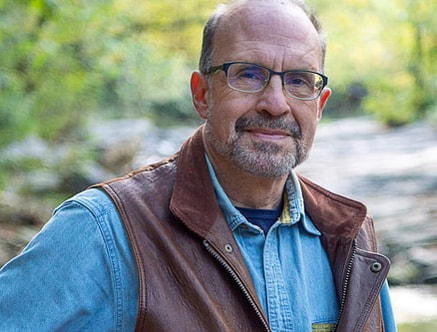
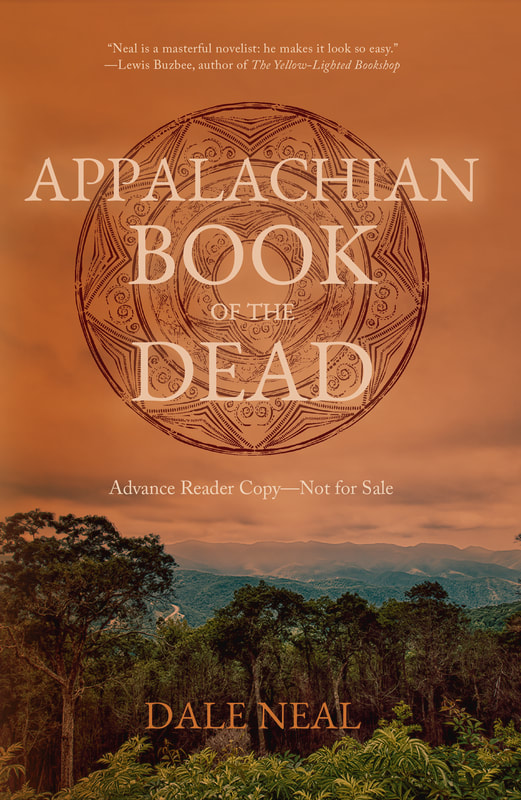
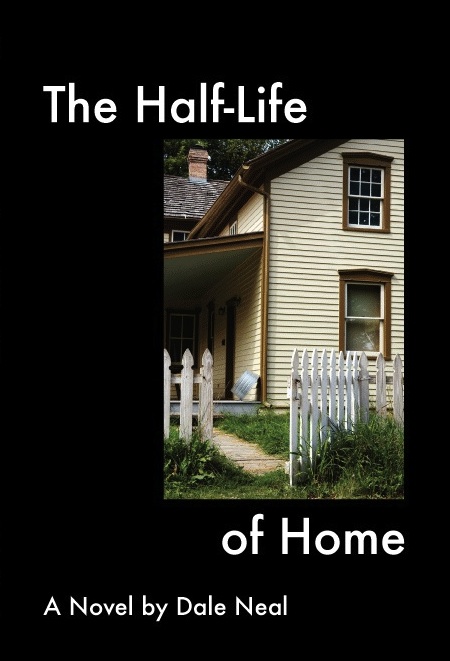
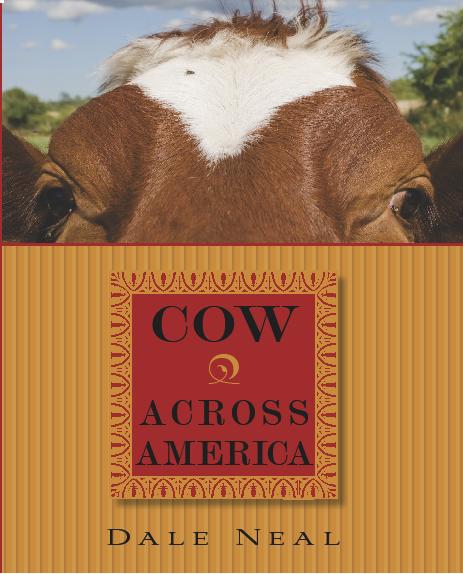
 RSS Feed
RSS Feed